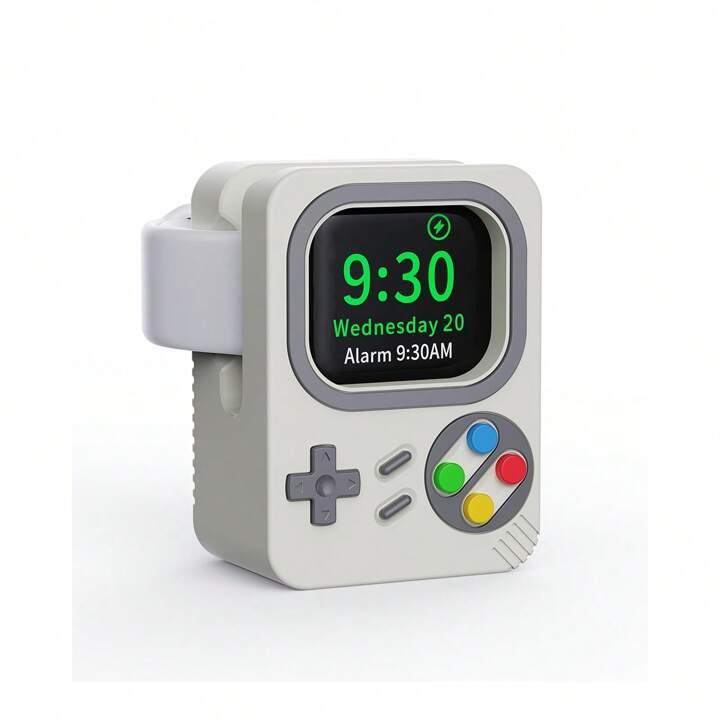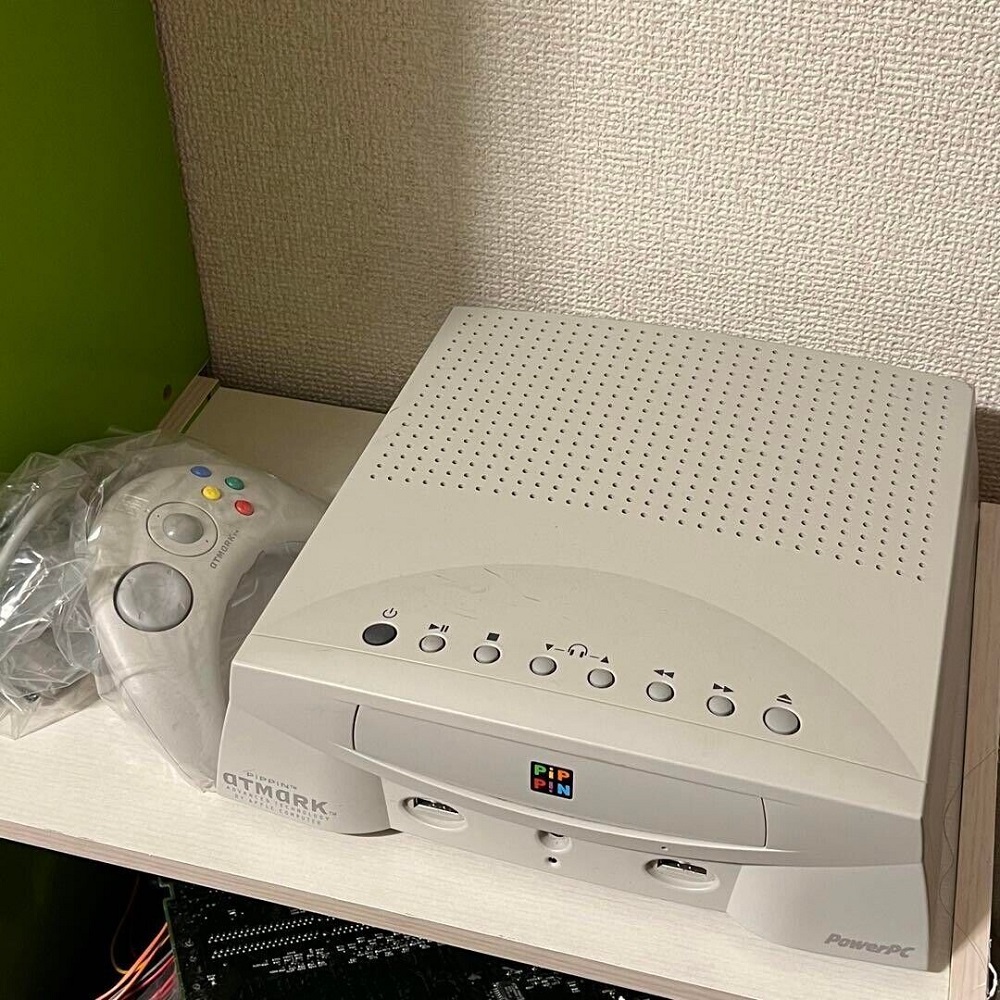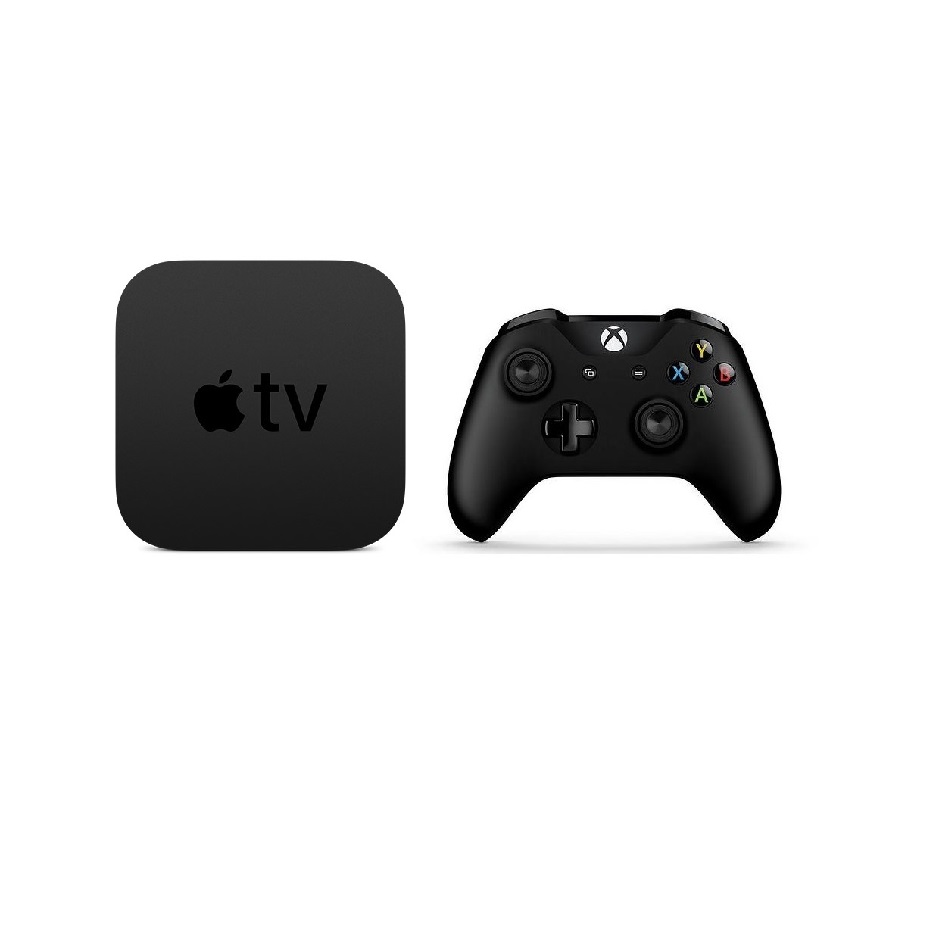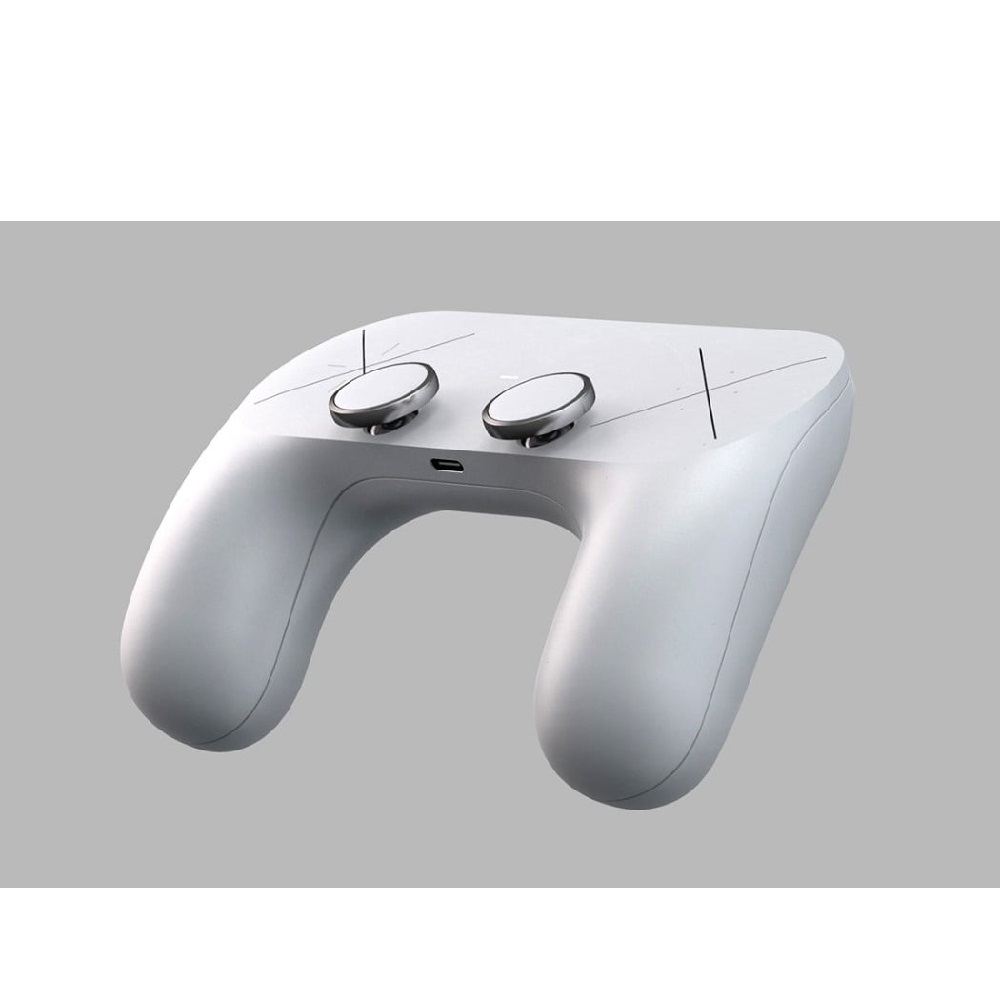Apple has long been a leader in technology, creating devices that blend function with aesthetic appeal. As the gaming industry continues to expand, many are asking: will Apple enter the Apple game console market? This article explores the potential of an Apple game console and what it could mean for the future of gaming.
The Rise of Gaming Consoles
An Overview of the Gaming Landscape
Gaming consoles have been around for decades. The earliest iterations were simple, featuring basic graphics and gameplay. However, technology has transformed gaming into a multi-billion dollar industry. Today, consoles like PlayStation, Xbox, and Nintendo Switch rule this space. These devices are powerful, offering breathtaking graphics and immersive experiences. But not all gamers are satisfied. Many seek new experiences and innovations.
Apple has the tools to disrupt this industry. The company’s products are synonymous with innovation. The iPhone, iPad, and MacBook have all altered user engagement. Apple’s existing frameworks, like Apple Arcade, hint at potential. Apple Arcade provides a buffet of games for subscribers. It shows Apple’s interest in gaming and its capability. Yet, many players desire a dedicated console. They crave a device that merges gaming with Apple’s sleek design and user-friendly experience.
The Shifting Market Challenges
Apple Game consoles face competition from other platforms. Mobile gaming has surged, partly due to phones’ capabilities. Many people now play games on their tablets and smartphones. This trend compels traditional console makers to innovate continually. Console manufacturers must find ways to attract both hardcore and casual gamers.
Additionally, subscriptions and digital downloads are becoming the norm. People want access to games without needing physical media. Companies like Microsoft have responded to this shift with Game Pass. Apple could develop a subscription model too, using its established ecosystem. Apple could attract users by offering exclusive gaming content, just like it does with movies and TV shows.
In response to changing gaming habits, the future of consoles may differ from the past. Gamers desire seamless interaction between devices. Mobile platforms must work in tandem with traditional consoles. As the lines blur between gaming platforms, the call for a dedicated gaming experience grows louder.
Apple’s Advantages in Game Development
Integration with Existing Services
Apple holds a strong marketing foothold, with millions of users actively engaged in its ecosystem. This gives it a competitive edge. Apple can maximize its reach by leveraging its existing services. Apple TV, Apple Arcade, and the App Store could merge with new console offerings. This integration could provide gamers with more value. If Apple created a console, this ecosystem could create a seamless experience.
Moreover, developers would have excellent opportunities. Creating games for Apple’s hardware means access to advanced technology. Apple’s hardware, like the M1, offers immense processing power. Game developers can push the limits of creativity. High-quality graphics, smooth gameplay, and complex mechanics could all become realities on an Apple console. This potential would attract developers eager to explore new frontiers.
Brand Loyalty and Marketing Prowess
Apple enjoys a strong brand identity. Consumers see its products as synonymous with quality and innovation. This loyalty would benefit an Apple console immensely. Existing Apple users may be more willing to buy an Apple console, thanks to the brand’s established reputation. The company has crafted devices that serve various purposes. Gamers might be enticed by the idea of an all-in-one Apple device, that allows them to manage and enjoy media seamlessly.
Furthermore, Apple excels in marketing. It knows how to create hype around product launches. The buzz can draw attention to a new gaming console. Events like Apple’s product showcases generate excitement and anticipation. With expert marketing, Apple can ensure a successful console launch, attracting gamers and non-gamers alike.
Challenges Apple May Face in the Gaming Market
Industry Competition
Entering the gaming console market won’t be easy. The competition is fierce, with established players like Sony, Microsoft, and Nintendo already holding significant market share. These companies have decades of experience and loyal fan bases. Any new entry, including an Apple console, must offer something special. Gamers expect innovation. They want stunning graphics, unique game mechanics, and an expansive library of games.
Moreover, expanding beyond established gaming communities requires creative solutions. Nintendo, for example, caters to a younger audience with family-friendly games. On the other hand, Xbox appeals to more serious gamers with its robust online service. Apple would need to carve out its own niche. Determining which audience to target is a significant decision.
Technical Considerations and Game Development
Apple is known for user-friendly design, but gaming’s technical demands may require adaptation. Gamers desire high-performance devices coupled with sophisticated graphics. Apple must invest heavily in research and development to ensure its console competes effectively. Advanced cooling systems, graphics cards, and processing units will need careful consideration.
Building relationships with game developers may also be essential. These partnerships are crucial for ensuring a strong game library. A console with limited titles will struggle to attract buyers. Apple’s approach to game development must prioritize accessibility. This might invite new developers to create content tailored specifically for the Apple console.
Potential Features of the Apple Game Console
Sleek Design and User Experience
Apple is known for its design philosophy. A dedicated game console would likely reflect these same principles. Users expect sleek, minimalist aesthetics that stand out in their entertainment centers. An elegant design would be a must. A console that functions seamlessly in an Apple ecosystem would lead to a more enjoyable user experience.
In terms of usability, Apple could apply intuitive features to the console’s interface. Games should transition smoothly, enabling quick access to library and friends. Voice control through Siri could enhance navigation. Gamers could initiate games or search for titles hands-free, creating a more immersive experience.
Cross-Platform Functionality
Apple’s gaming console would likely benefit from cross-platform functionality. Gamers increasingly expect to interact with others across different systems. Allowing compatibility with smartphones, tablets, and PCs could differentiate Apple’s console from its competitors. Gamers could start a game on a console and continue on their mobile devices. Such flexibility would appeal to a broad audience, enhancing convenience and accessibility.
Additionally, cloud saving features help gamers access their content from anywhere. By utilizing Apple’s iCloud, users could store game progress and settings remotely. This aspect would provide peace of mind to gamers, allowing them to change devices without losing their progression.
The Software Side of Apple’s Gaming Console
Exclusive Games and Partnerships
Any successful console requires exclusive games. Gamers often invest in consoles based on available titles. Apple can leverage its innovation to attract talented developers. Fostering partnerships with notable game studios could yield exclusive experiences. Collaborating with established franchises could create a competitive edge.
Moreover, Apple already possesses a library of engaging content. Apple Arcade features several unique titles. Enhanced versions of these games could thrive on a dedicated console. Furthermore, focusing on independent game developers could establish Apple as a proponent of creativity in gaming. Encouraging original games may resonate deeply with the gaming community.
User-Friendly Game Store
The App Store is known for being user-friendly. This familiarity could extend to an Apple gaming console. An easily navigable game store would encourage purchases. Seamless access to games paired with strong recommendations could enhance user satisfaction. Apple’s algorithms could suggest titles based on users’ preferences and gaming behavior, leading to tailored experiences.
Furthermore, subscription models could entice gamers to explore new titles. Introduced alongside a hardware model, these services could enable users to access a library of games for a monthly fee. Cost-effective options like these could encourage casual gamers to try new titles, creating a broader market.
Apple’s Commitment to Innovation and Quality
The Importance of New Technology
Innovation is at the heart of Apple’s brand identity. A gaming console could showcase new technology in captivating ways. Focusing on augmented reality (AR) may set Apple apart. Integrating AR games into the console could redefine gaming experiences. Apple has invested in AR for years, creating engaging applications. The transition into a gaming console focused on AR may yield excitement within the community.
Additionally, ongoing improvements in graphics technology will likely play a role. Apple could utilize their existing hardware advancements to deliver stunning visuals. High-fidelity graphics will create a more immersive experience. Gamers care about aesthetics. High-quality visuals can enhance gaming enjoyment significantly. By prioritizing graphics, Apple could capture the attention of serious gamers.
Quality Assurance and Customer Support
Apple is known for its rigorous quality assurance processes. Any new product, including a gaming console, would undergo strict testing before launch. This dedication to quality ensures a strong first impression. Providing solid customer support also builds loyalty. Apple has a robust support system, which includes online resources and in-person assistance.
Ensuring a seamless user experience is crucial for Apple’s potential success in the gaming sector. Addressing bugs and issues swiftly can distinguish Apple’s offerings from those of competitors. This focus on user satisfaction will win over gamers. Brand loyalty will likely increase with positive experiences, paving the way for long-standing success in the market.
Conclusion: The Future Is Bright
The gaming industry continues to evolve, driven by innovation and changing user preferences. Apple has an opportunity to enter this market with a dedicated Apple game console. The company’s existing ecosystem, brand reputation, and commitment to quality position it for success. However, Apple faces challenges from entrenched competitors. Understanding user needs and preferences is essential.
If Apple delivers compelling features, attractive game titles, and a unique user experience, it could redefine gaming. The move into Apple game consoles could reshape its brand image, extending beyond just tech into the gaming sector. As a result, the future of gaming could be bright, combined with Apple’s distinctive flair and innovative spirit. The potential for an Apple game console holds promise. Gamers eagerly watch and wait for what Apple may unveil next.



